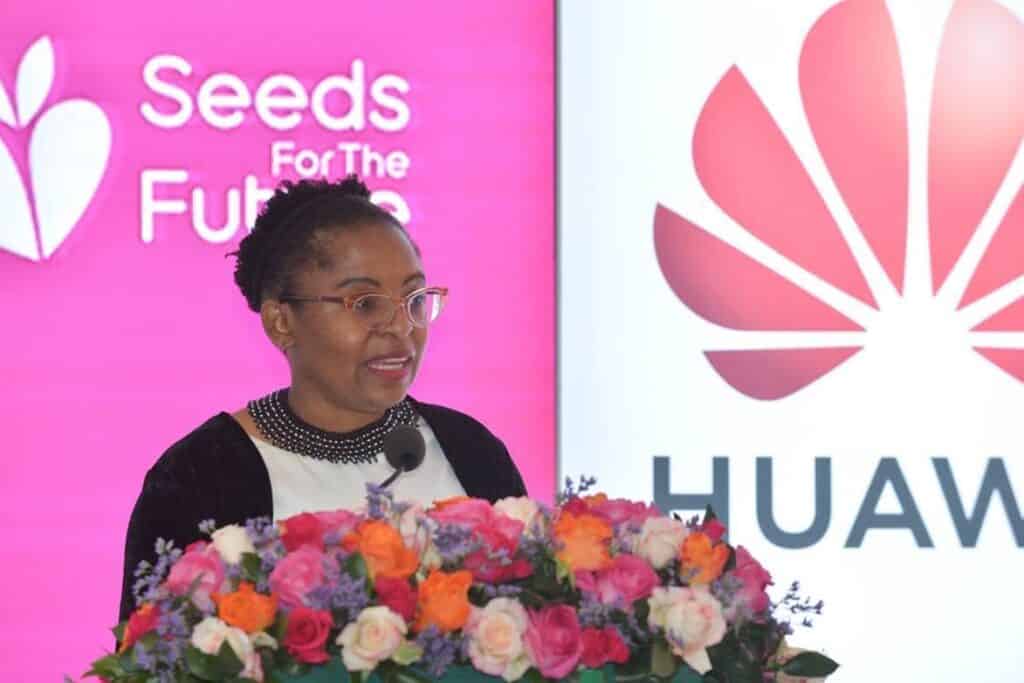The Department of Communications and Digital Technologies plans to reinvest R4.4 billion proceeds of the high-demand spectrum into South Africa’s telecommunications, Minister Khumbudzo Ntshavheni said yesterday.
Ntshavheni made the pronouncement at the Huawei Sub-Saharan Africa Digital Talent Programme Launch and ICT Competition Awards Ceremony in Sandton.
The communications and digital technologies minister said the country’s long-overdue high-demand radio frequency spectrum auction had netted the national fiscus R14.4 billion.
Ntshavheni said her department negotiated with President Cyril Ramaphosa and Finance Minister Enoch Godongwana to reinvest R4.4 billion in the telecommunications industry.
“The eldership [president and finance minister] believed we will raise R8 billion,” said the minister.
“When I realised I would raise more, I went to the eldership and said we needed to negotiate.”
She suggested that if the spectrum auction raised more than R10 billion, some of the money could be invested in the industry.
As the auction progressed, it was thought R1 billion more would be raised on the anticipated R10 billion.
“In the afternoon after we made the deal, we got R11.5 billion, and I didn’t call anyone,” recalled Ntshavheni.
“We got R14.4 billion.”
The minister said the first call she made was to the minister of finance.
Recalling the conversation, Ntshavheni said she asked the finance minister, “You remember our deal?” and, she said he responded: “Of course, and we honour our deals.”
Ntshavheni added “they thought” I was not going to insist on “our deal that whatever comes above R10 billion is coming to our kitty”.
She said: “We are now going to the National Treasury to say we got R4.4 billion. Let’s talk about how we access it.”
Ntshavheni did not specify how her department plans to reinvest the money into the sector.
The minister also reiterated the industry’s commitments or social obligations worth R17 billion as part of the spectrum auction to connect schools, public health facilities, police stations and offices of traditional authorities.
The social obligations, which have a 36-month implementation plan, aim to connect 18 520 public schools, 5 731 public health facilities, 8 241 offices of traditional authorities, and 1 154 police stations.
